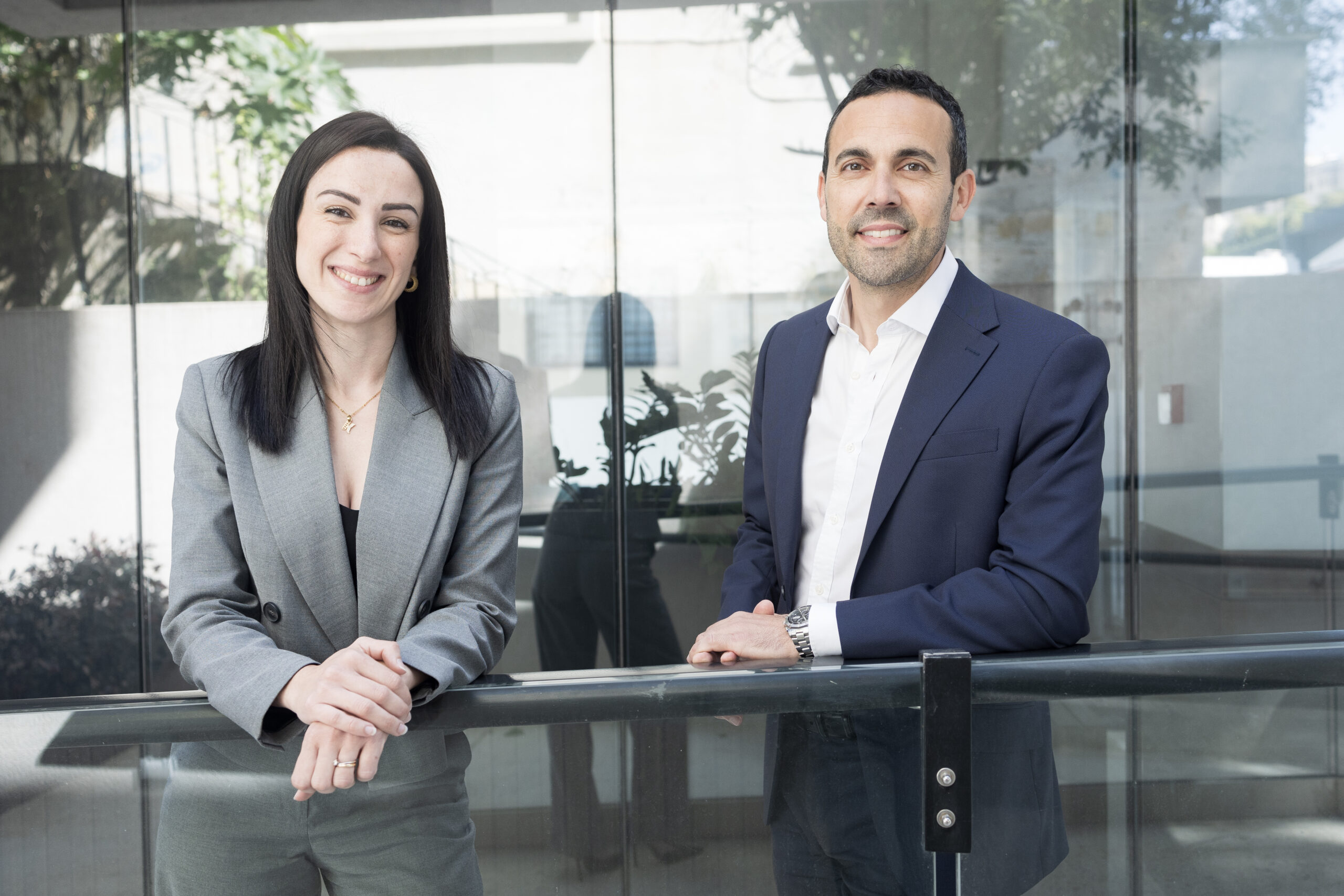In the early days of the COVID-19 pandemic, when reports swirled about the different ways one could contract the virus, the handling of cash was claimed to be among the many culprits for transmitting infection. At the time, however, it might be safe to say that the handling of anything was enough to scare us into submission – after all, the pandemic was, and continues to be, a new experience for everyone.
Fast forward one year, and the attitude towards handling cash has somewhat changed – in various ways. While contactless payments via cards and mobile apps have increased in popularity, and the option to pay this way has become far more widespread than before, handling cash has become less frightening than it was in March 2020 – a recent study by the Bank of England, which produces British banknotes, found that the risk of transmission via banknotes is in fact low – and, due to generally lower spending trends by consumers, people are increasingly hanging onto their cash for better days ahead.
How have these new paying and spending trends panned out in Malta? Clayton Meli, General Manager – Technical Division at Joseph Cachia & Son (JCS) Ltd, says that the global pandemic has spurred lots of conspiracy theories about how one must handle cash. “Malta is still one of many countries around Europe and the world that uses a high volume of cash, making it impossible for local retailers to not accept it,” he asserts.
“Instead of opting for alternative payment solutions, small businesses contacted us during the pandemic last year to provide a solution whereby they could accept cash as a contactless payment, therefore providing their clientele with all the options available for them to pay without problems.”
It’s widely agreed that Maltese consumers have an affinity for paying with cash, but could the pandemic change such standard practices? Mr Meli agrees with this assessment, saying “Maltese culture is based on the fact that we must ‘interact with a human’ at a store or at any other point of service, while we’re less accepting of interacting with a machine,” he explains.

Although today we are living in a more digital and technological world, and some outlets are in the process of introducing this kind of automated technology to the Maltese market, I believe that Malta is still trying to find its feet and trying to adapt to this new technological world. The pandemic brought out needs that we never dreamt of – or that we scarcely used – but I think this worldwide event served as an eye-opening opportunity for everyone to turn a threat into an opportunity so that businesses could continue running and ultimately turning a profit.”
Indeed, the widespread use of cash in an economy should not be undervalued. Mr Meli asserts that, just like other world economies, Malta’s economy needs to bounce back following the devastating effects of COVID-19, and the re-circulation of cash is important for maintaining a resilient economy.
A middle-ground solution to using cash safely is contactless cash payments, a cash handling product within the vast portfolio of Joseph Cachia & Son Ltd which could prove to be a valuable tool for companies to be more secure, efficient, and free from human error in their handling of cash, mitigating risks while also keeping operating costs low. To this end, Joseph Cachia & Son Ltd works with the international market leader to provide this service, a company wholly dedicated to freeing clients from the burden of manual cash processing, allowing them to focus on delivering the best experience to their customers.
“Our contactless cash payment solution from Glory Global Solutions is innovative and ahead of any other competitor. Our strategy is to push this contactless cash payment solution further across many sectors so that everyone can see and experience its benefits.”
The solution is called CASHINFINITYTM, a note and coin recycling machine that can handle cash in an accurate, efficient, and safe manner. Front-office solutions within the product range can be deployed to help staff and customers keep their distance at the point of payment, transforming cash into a contactless payment method.
There are various sectors and businesses that can make use of and benefit from contactless cash payment solutions. From retail stores, super/minimarkets, hotels and restaurants to pharmacies and cash exchange bureaux, this solution is practically suitable for any business concern that accepts cash as a type of payment,” says Mr Meli.
The urge to innovate and seek new ways of getting things done may be considered a positive side-effect of an otherwise devastating pandemic. Indeed, over the past year, new market and consumer behaviour trends have emerged, including in the health sector.
“Besides the need for contactless cash payments, the pandemic also gave rise to new needs even within local hospitals. For instance, a private hospital in Malta needed to investigate how patients visiting the hospital could be managed in the safest way possible. JCS proposed a solution to bridge an existing gap by successfully integrating a Customer Journey Management system from Qmatic, which is one of the leading companies in queueing systems in the world,” says Mr Meli.
“The proposed solution was fully integrated with the main software used by the hospital, and it was also integrated with our system to be able to help in better managing the customer/patient visit.”
The vast portfolio of products and services offered by JCS extends beyond its provision of cash handling systems. “At JCS, we have teams of technical personnel both in sales and services,” Mr Meli explains. “The main sectors in which JCS supplies equipment and services are cash handling solutions, intelligent queuing systems, high-voltage energy cables, and water meters to name a few. In all our endeavours, we at JCS strive to bridge a gap in the market by supplying equipment that falls in line with our area of expertise. I would describe both of our departments as dynamic in this way.”
As a member of the M Demajo Group, Joseph Cachia & Son has been operating for over 100 years and prides itself on a reputable service with an eye for innovation and constant growth. “We are always on our toes to find an opportunity to grow and expand our portfolio. Although still in the negotiation stages, we are currently working hard to finalise a partnership with a leading brand that supplies equipment which we’re confident everyone will benefit from.”
This interview was first carried in the March/February edition of the Commercial Courier
Malta’s next leap: Secured
How ESET delivers enterprise-grade security to meet Malta’s digital ambitions
Mastering the language of business: How BELS is crafting bespoke training for a dynamic economy
BELS Malta Director of Studies Arianna Muscat on how the language school helps companies equip their teams for success.
Built differently – CLA Malta offers custom solutions in a cookie-cutter landscape of tax advisory and business
Their client-centric philosophy extends far beyond conventional consultancy.






